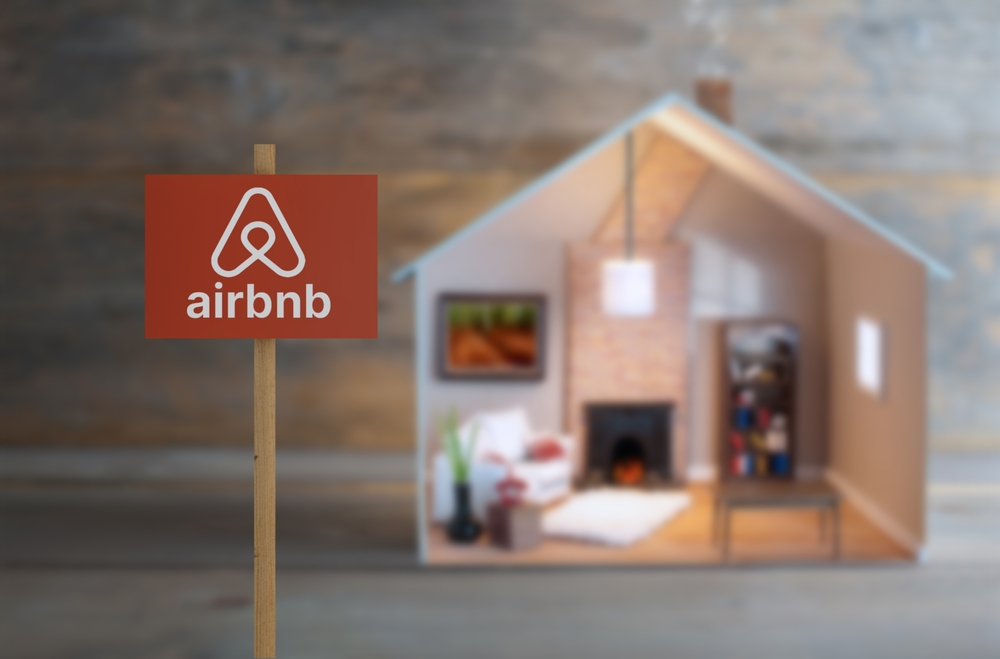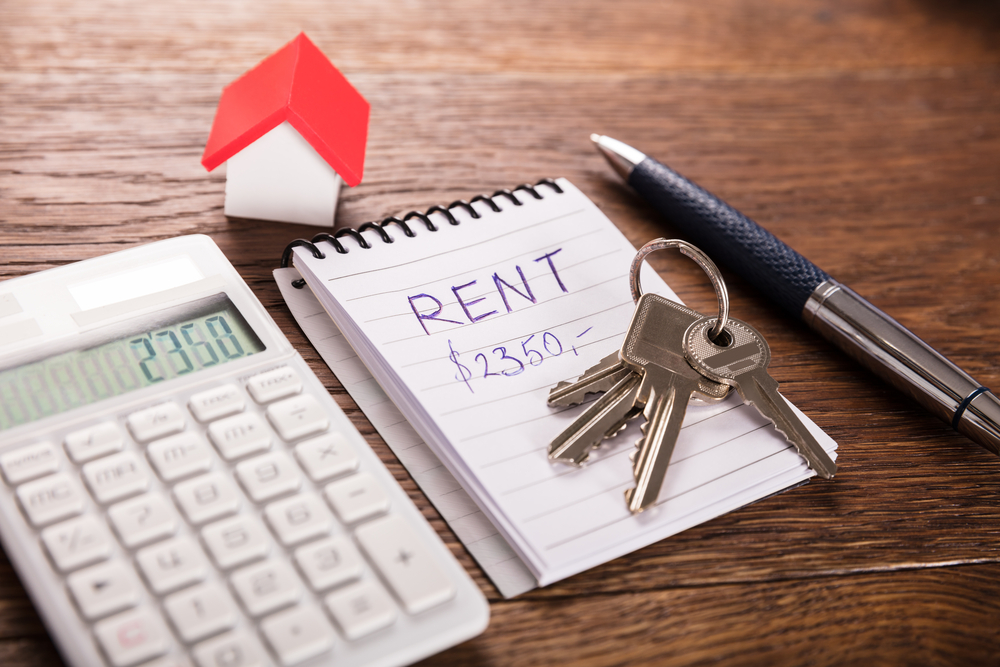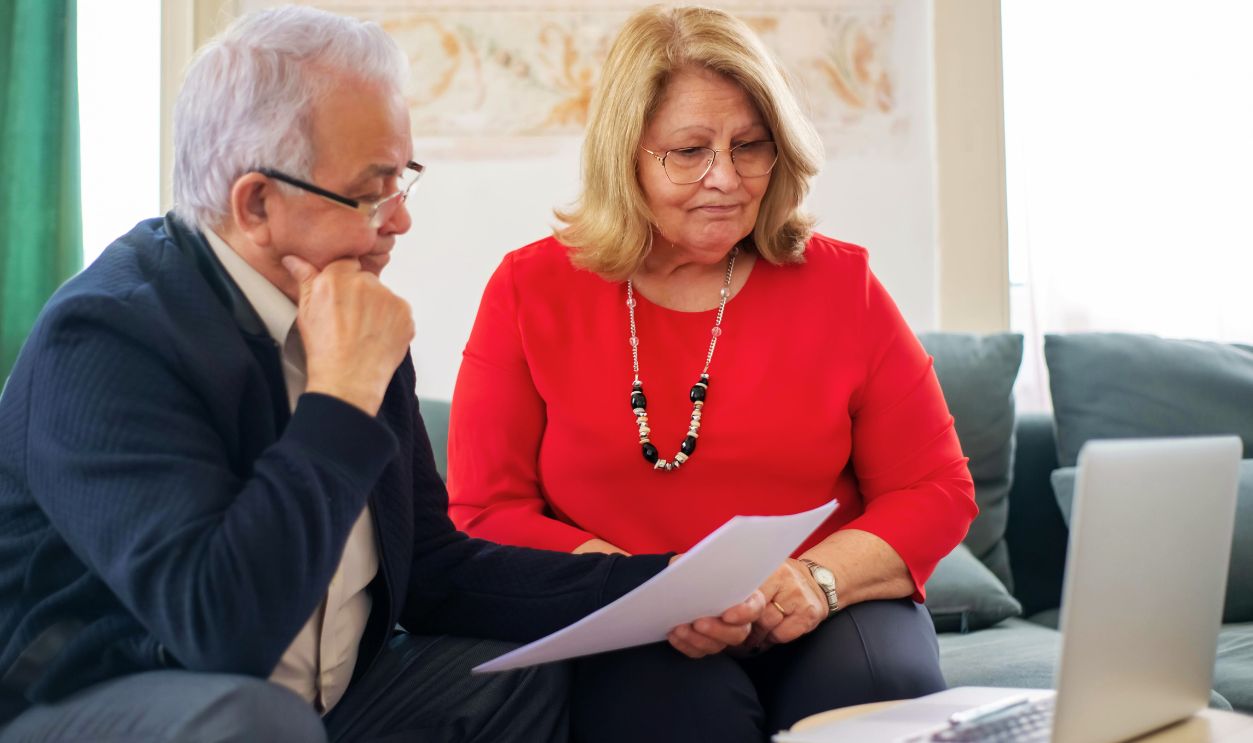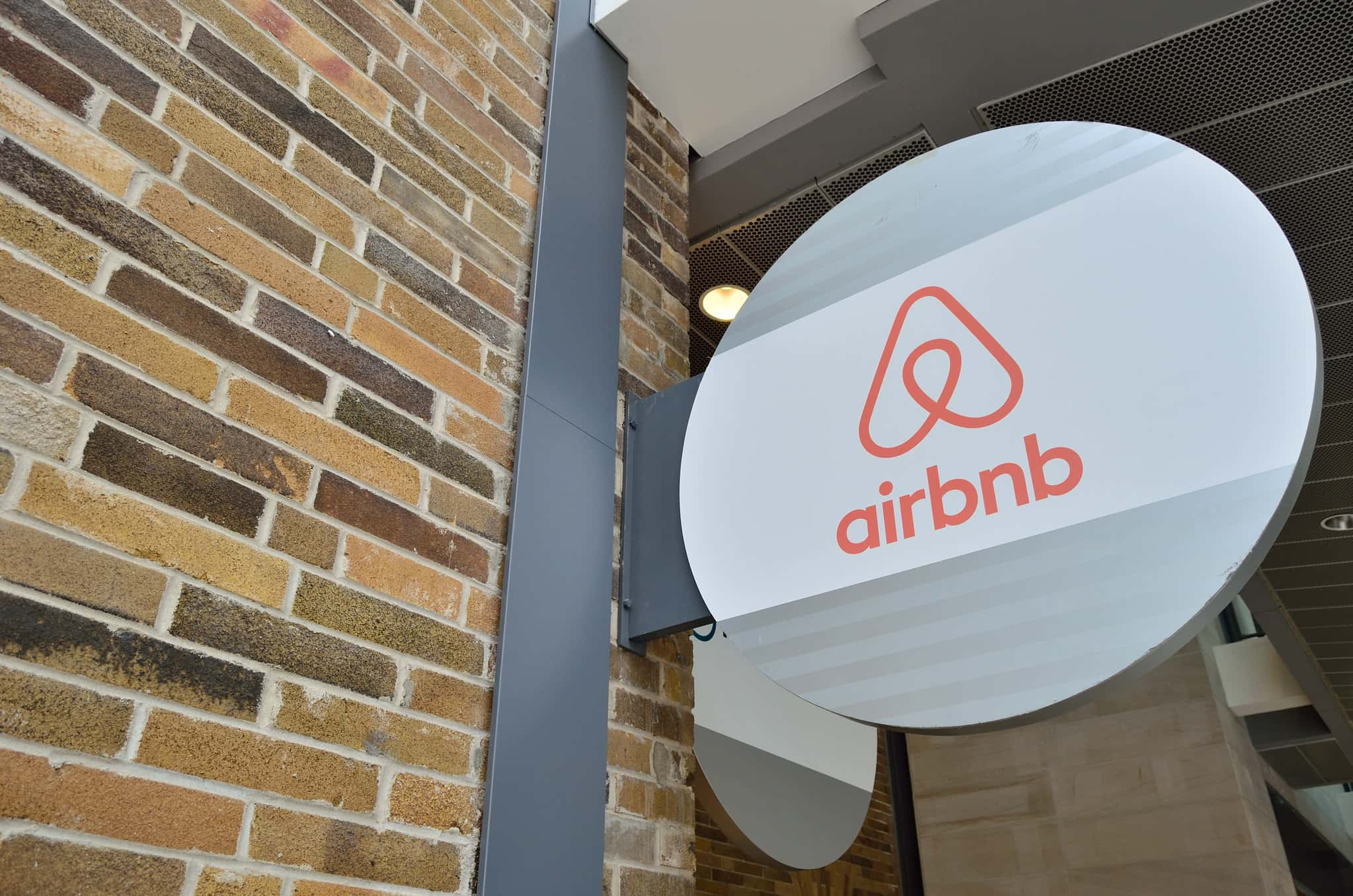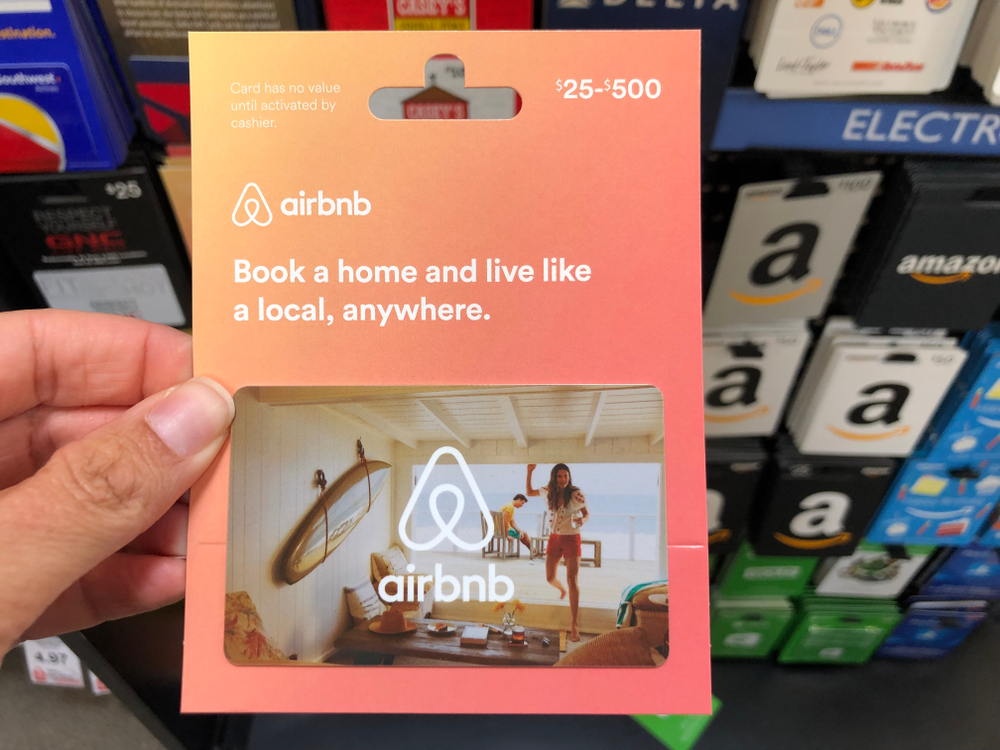Can Short-Term Rentals Secure Your Financial Future?
Retirement can feel like standing at the edge of a cliff: exciting, but also a little terrifying. For many people in their 60s, the idea of turning a home into an Airbnb seems like a smart way to create steady income while keeping some independence. After all, you already own the house, so why not make it work for you? But as appealing as this sounds, it’s not as simple as snapping a few photos and waiting for guests to roll in. If you’re considering using Airbnb or short-term rentals to fund your retirement, there are a few big questions to ask and plenty of things to know before you dive in.

Why This Idea Appeals To So Many Retirees
Let’s be honest: traditional retirement income (savings, social security, maybe a small pension) doesn’t always stretch as far as it used to. Hosting your home on Airbnb can feel like unlocking hidden value. In high-demand areas, nightly rental rates can outpace what you’d earn from a long-term tenant, and you can still block off time for yourself, friends, or family visits. Many retirees also say it keeps them active and socially connected: welcoming guests, offering local tips, and feeling part of a global network of travelers.
The Potential Payoff
The math can be attractive. Depending on your location, a spare bedroom or basement suite might earn several thousand dollars per month during peak seasons. You can also deduct legitimate expenses (everything from cleaning supplies to new linens to repairs) which helps offset the taxes you’ll owe. Plus, you maintain ownership of a valuable asset that could continue to appreciate. In the right market, it’s a flexible and relatively quick way to supplement your retirement without fully re-entering the workforce.
But It’s Not Passive Income, Not Even Close
Here’s the catch: being an Airbnb host isn’t a set-and-forget operation. There’s cleaning, laundry, guest communication, maintenance, and the occasional crisis (yes, someone will lock themselves out at midnight). If you enjoy meeting people and managing details, it can be fun and rewarding. But if you were hoping for something truly hands-off, you might find it more stressful than expected. You can always hire a co-host or property manager, but they’ll usually take 15%–30% of your earnings.
The Risk Of Relying On It Too Much
Before you decide that short-term rentals will be your golden ticket, understand that income can fluctuate. Tourist demand rises and falls, seasons change, and global events like economic dips and pandemics can dry up travel overnight. You’ll need a financial cushion to cover expenses during slow months, and it’s wise not to depend entirely on Airbnb as your only source of retirement income. Think of it as one leg of a stool, alongside savings, investments, or pensions.
Regulation Can Make Or Break You
The biggest wildcard in this plan is local regulation. Many cities have cracked down on short-term rentals, requiring costly licenses or limiting the number of nights you can rent. In some areas, short-term rentals are banned outright unless you’re living in the property full-time. Before listing your home, check city ordinances, zoning laws, and even your homeowner association’s rules. A sudden rule change could completely wipe out your Airbnb income stream, something many experienced hosts warn about in online forums and on Reddit.
The Hidden Costs You Need To Budget For
It’s easy to underestimate the ongoing expenses. Guests mean constant cleaning, wear and tear on furniture, and higher utility bills. You might need to invest in repairs, better security systems, or even upgrades like keyless entry or new furnishings to compete with other listings. You’ll also pay service fees to Airbnb and local lodging taxes in many areas. Make sure your numbers still work after subtracting these real-world costs.
Insurance And Liability
Your standard homeowner’s insurance likely won’t cover damage or injury claims from paying guests. You’ll need short-term rental or landlord coverage, plus consider an umbrella liability policy for extra protection. Airbnb does offer a host guarantee program, but it has limits and exclusions. Protecting yourself legally and financially should be a top priority before your first booking.
Taxes And Reporting
Rental income must be reported, and depending on how often you rent and what services you provide, it could be taxed differently. You may be able to deduct expenses, but you’ll also need to pay income and occupancy taxes. It’s worth consulting a tax professional familiar with short-term rentals to make sure you’re maximizing deductions and staying compliant. The last thing you want in retirement is a surprise tax bill.
Choosing The Right Hosting Style
Not all hosting looks the same. Some retirees rent out their whole home and travel while guests stay. Others rent a basement suite or guest house and remain on-site, which can reduce risk and allow for more personal control. You might even try a hybrid model: short-term rentals during peak travel months and longer leases during the off-season. Experimenting early can help you find the right rhythm.
Setting Realistic Expectations
Your first year will be a learning experience. You’ll need to figure out pricing, cleaning logistics, and how to attract good guests. Expect mistakes, slow periods, and maybe the occasional bad review. Keep good records and treat it like a business from day one. Over time, you’ll learn what works and whether it’s something you enjoy enough to continue long-term.
The Emotional Side Of Hosting
Not everyone enjoys having strangers in their space. If you’re the private type or get anxious about things being damaged or messy, this might not be for you. However, for retirees who crave social interaction, hosting can be energizing and fun. You’ll meet people from around the world, share stories, and sometimes make lasting friendships. Many older hosts say that part of the experience has been more rewarding than the money itself.
When It’s A Bad Idea
If your area has strict short-term rental laws, if you’re counting on the income to cover essential living costs, or if managing guests feels overwhelming, this plan may backfire. Likewise, if your health or mobility could make cleaning and maintenance difficult, it’s best to consider a more predictable option like long-term tenants. Retirement should relieve stress, not add to it.
When It Might Be A Great Idea
If you live in a desirable location with steady tourist traffic, have a separate unit or space to rent, and can either manage it yourself or hire reliable help, Airbnb can be an excellent retirement supplement. It gives you flexibility, keeps you active, and can significantly boost your income if managed wisely.
Comparing Airbnb To Long-Term Rentals
A long-term lease usually means less income but far less hassle. You’ll deal with one tenant, fewer turnovers, and predictable monthly rent. Short-term rentals, on the other hand, offer higher potential returns but demand more effort and come with more uncertainty. Many retirees find a middle ground like renting short-term during busy seasons and finding a steady tenant for the rest of the year.
Crunching The Numbers
Let’s say your home rents for $200 a night with about 60% occupancy. That’s roughly $3,600 a month before expenses. After subtracting utilities, cleaning, maintenance, insurance, taxes, and platform fees, you might net around $2,000–$2,300 monthly. Compare that to a long-term tenant paying $1,500 a month. Airbnb looks better on paper, but only if you can maintain those occupancy levels and handle the work involved.
Managing The Workload
You don’t have to do it all yourself. Many retirees hire cleaners, co-hosts, or local property managers to handle the logistics. It cuts into profits but can make the lifestyle more sustainable. You can also use automation tools for check-ins, guest communication, and pricing adjustments. Think of it as turning your property into a semi-passive business that supports your lifestyle instead of dominating it.
 Jacob Wackerhausen, Getty Images
Jacob Wackerhausen, Getty Images
Exit Strategies And Backups
What happens if things change: you tire of guests, regulations tighten, or the market softens? Have a backup plan. You could switch to long-term leasing, sell the property and downsize, or rent only part of your home occasionally for extra cash. The best retirement plans always include flexibility and an exit route.
Key Takeaways
Airbnb can absolutely help fund your retirement but it’s not a guaranteed success story. It demands time, energy, and adaptability. Go into it with realistic expectations, solid financial planning, and a clear understanding of the risks. If you treat it like a small business rather than a passive investment, it can be both profitable and surprisingly fulfilling. Just make sure you’re doing it for the right reasons and not because you’re out of other options.
Final Thoughts
At 60, your house might be your biggest untapped asset, and turning it into an Airbnb can open new possibilities. But like any investment, it requires careful planning and a cool head. Do your homework, start small, and don’t let the promise of quick cash blind you to the responsibilities that come with hosting. If you can balance the numbers, the effort, and the enjoyment, this could be the start of a rewarding and sustainable new chapter in your retirement.
You May Also Like:
I never invested, just saved cash. Now inflation is eating it. Is my retirement ruined?
I’m 61 with no savings but own my home. Can I downsize and still retire safely?


